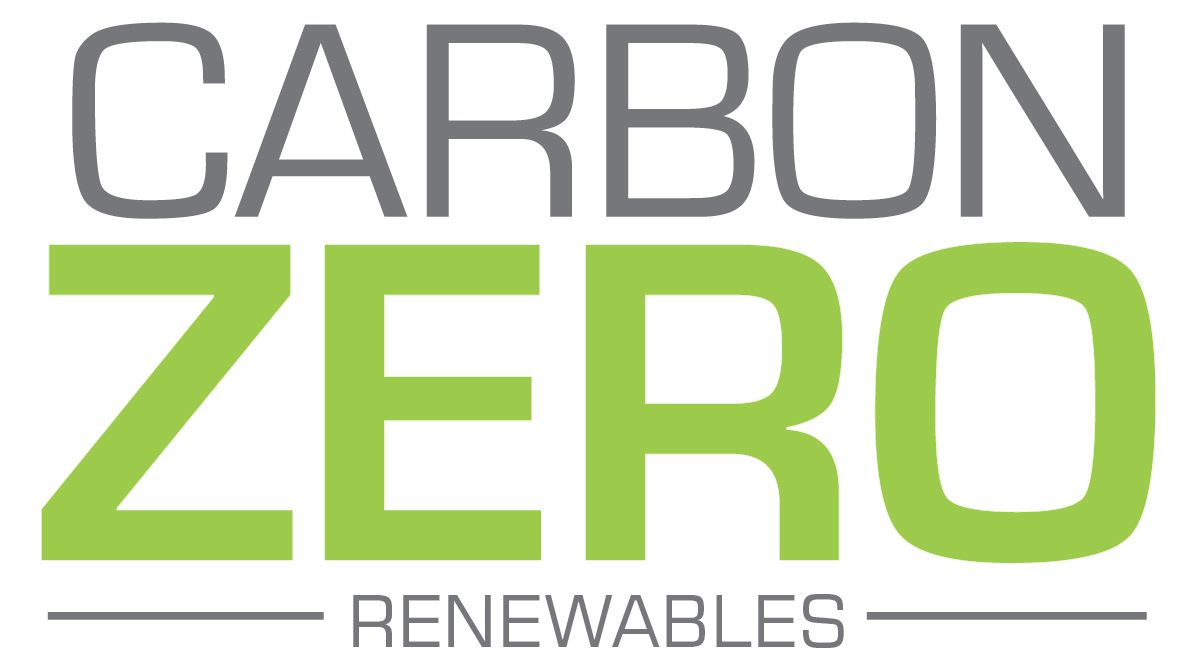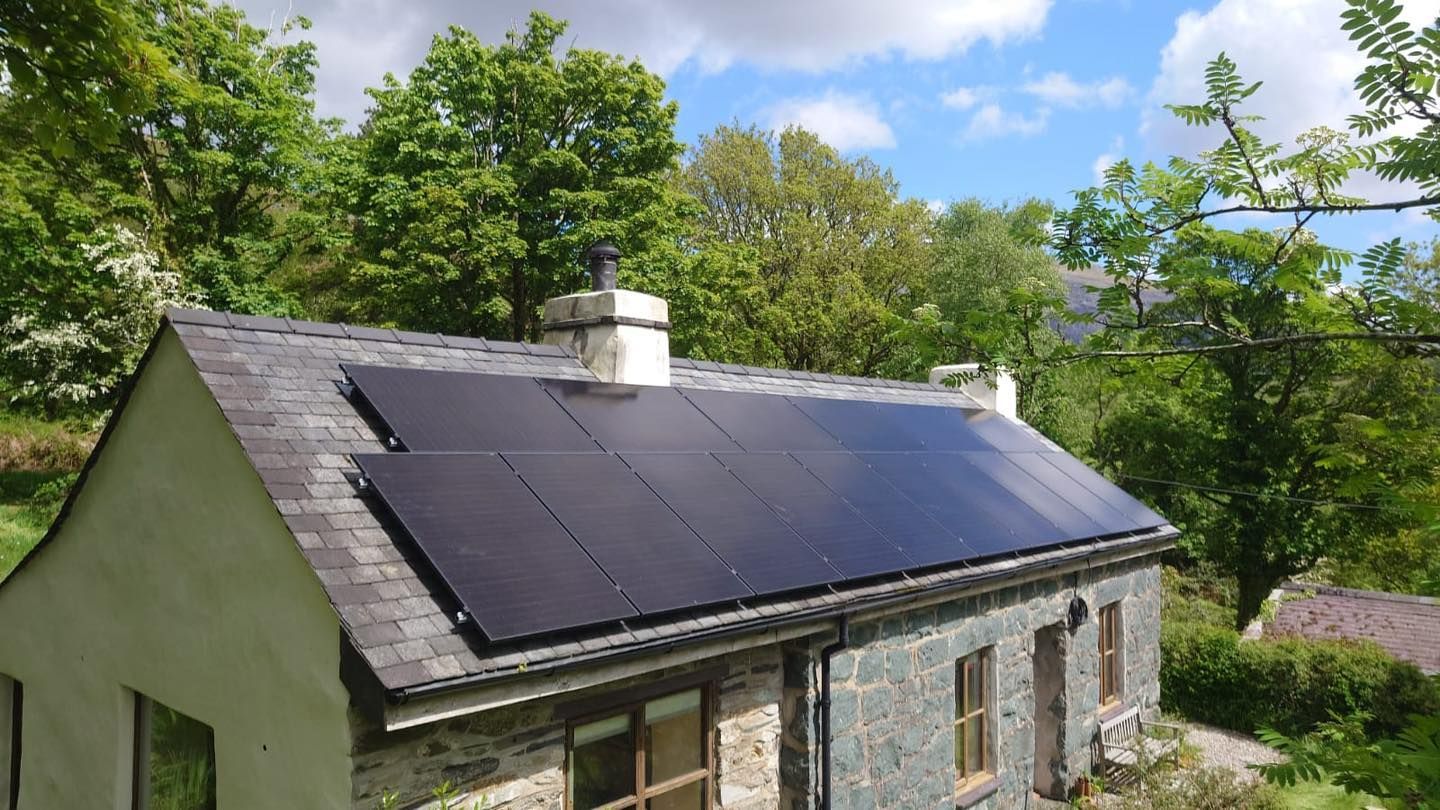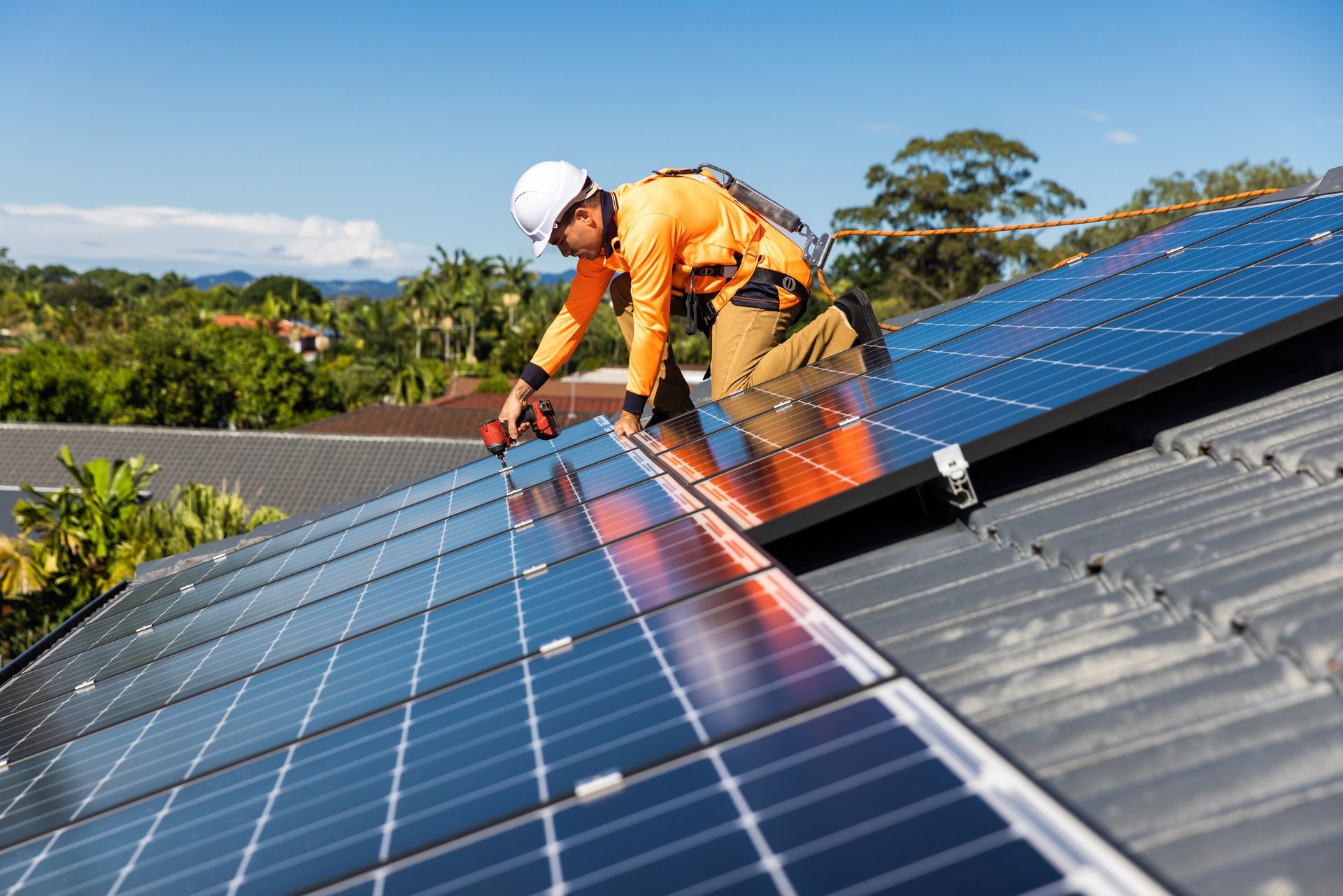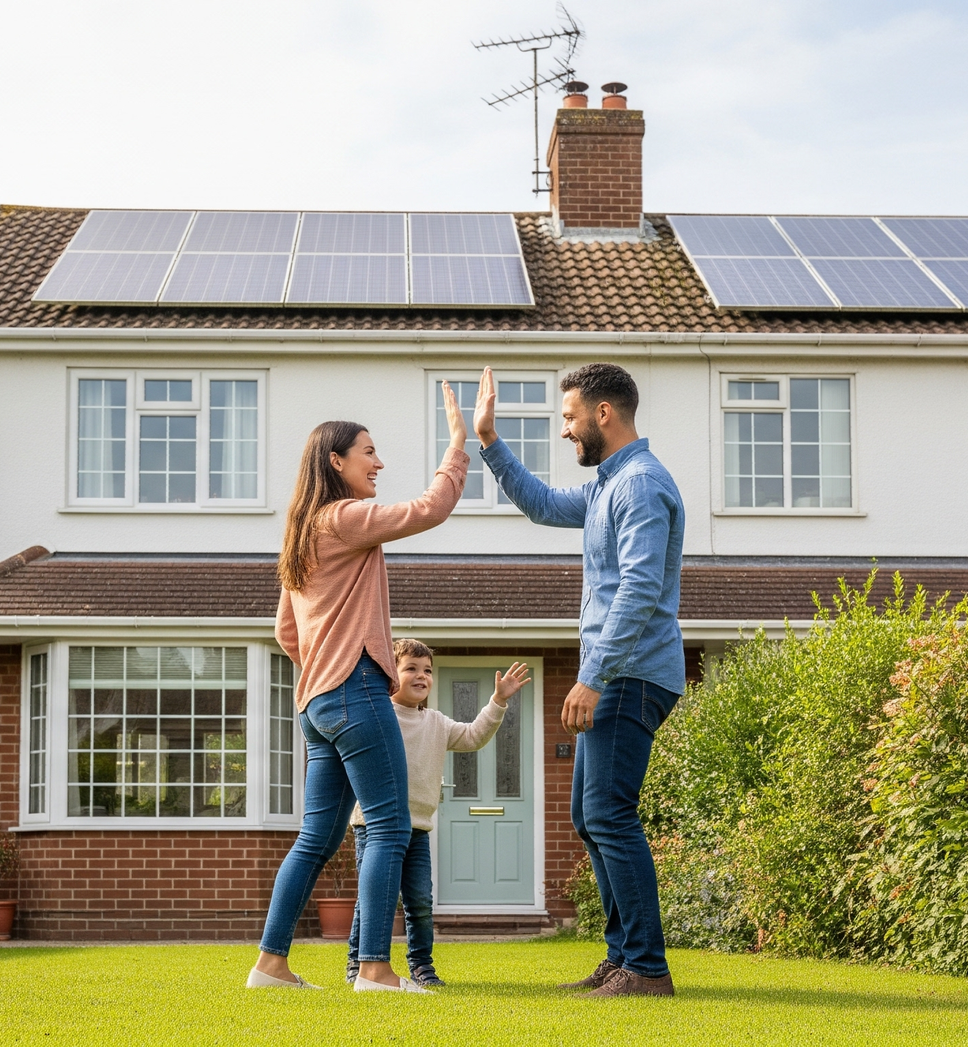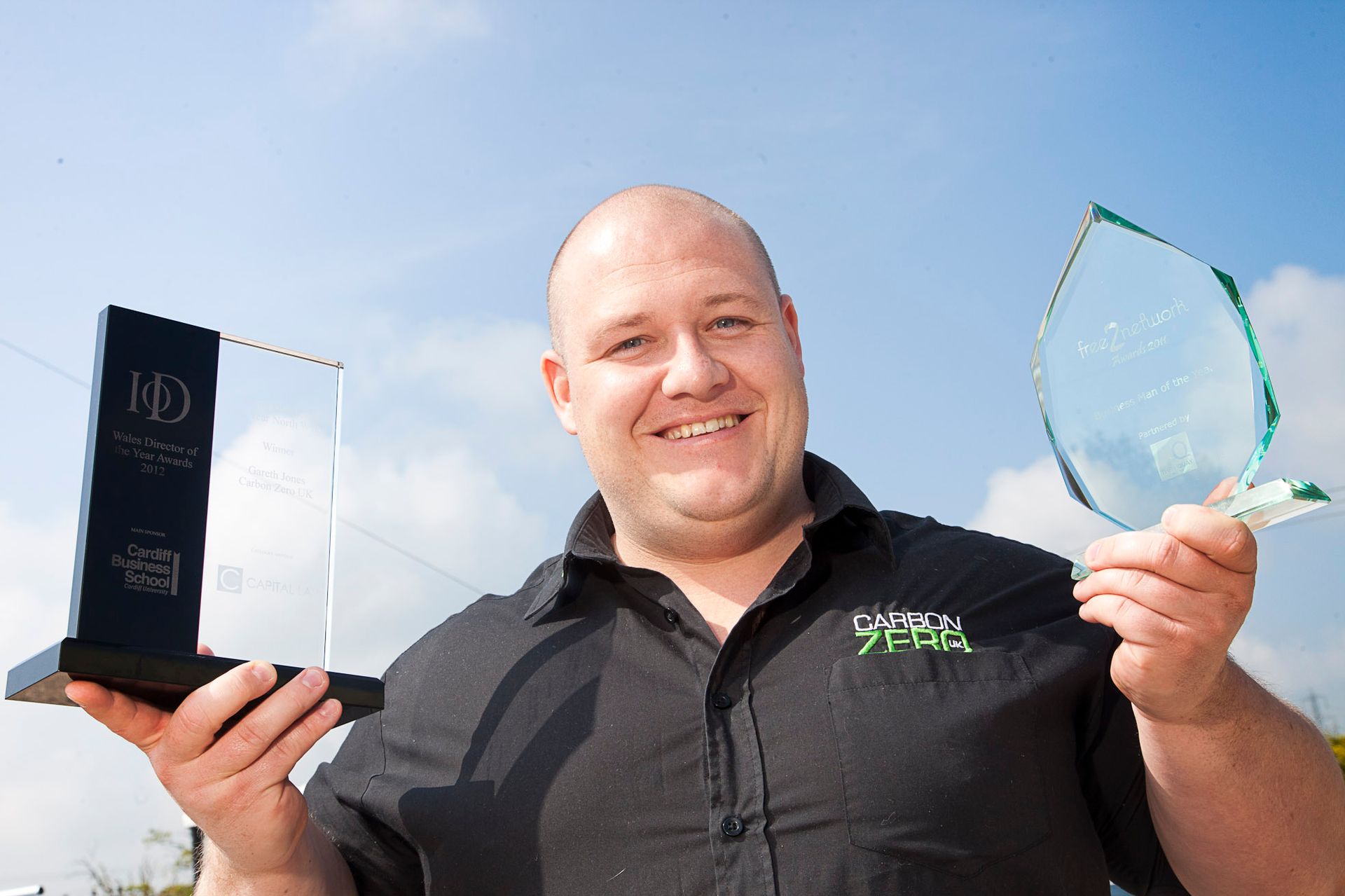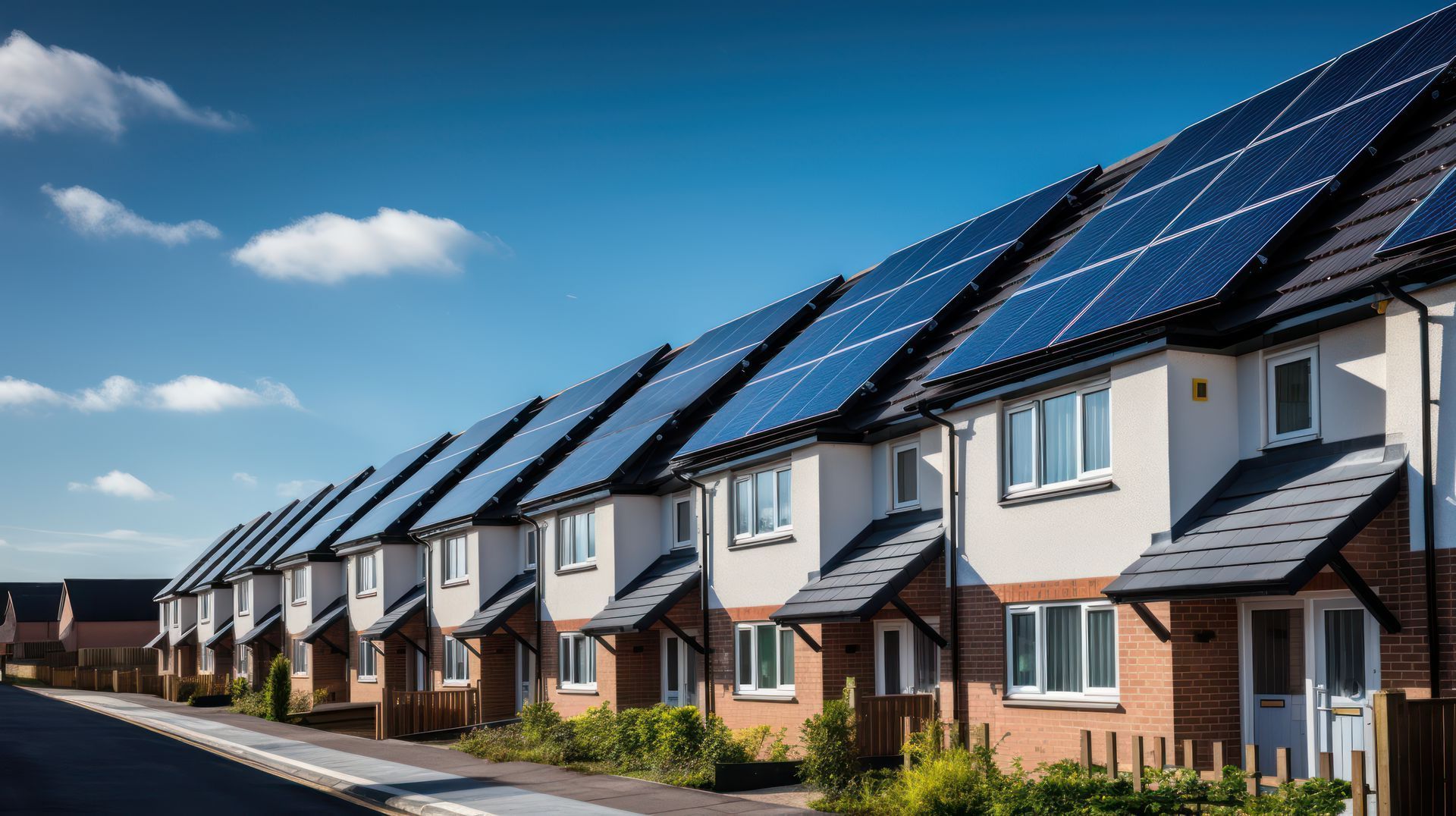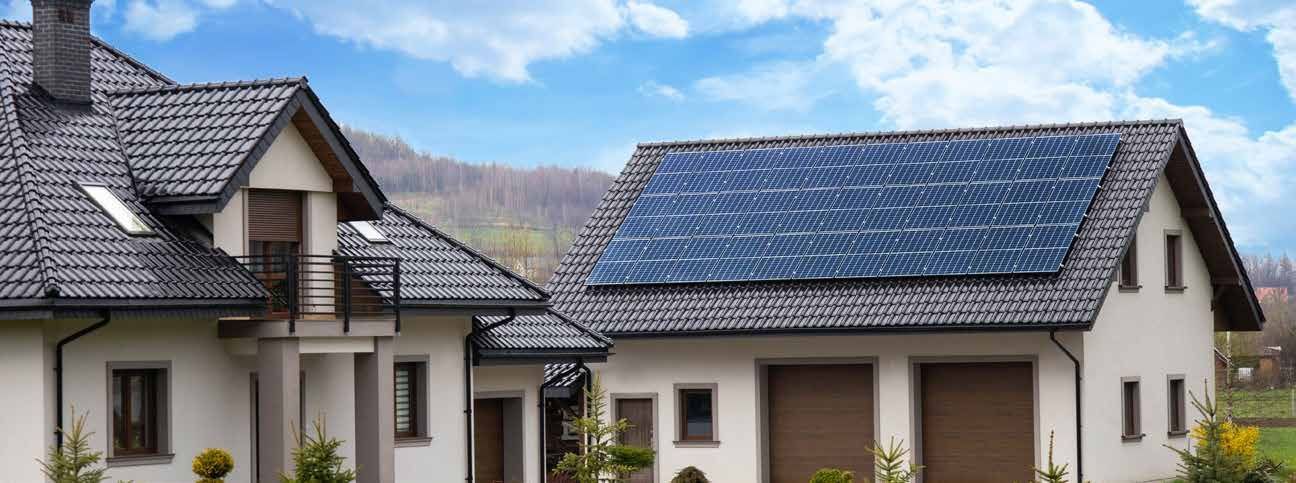Power your home or business with clean, sustainable energy from Carbon Zero Renewables, Liverpool's trusted and award-winning solar panel specialists. In a city known for its dynamic and forward-thinking spirit, we design and install bespoke solar PV and battery storage systems that help you slash your energy bills, reduce your carbon footprint, and achieve true energy independence.
From the terraced houses of South Liverpool to the industrial hubs of Merseyside, the entire region is embracing the solar revolution. With rising grid electricity prices and a city-wide commitment to green initiatives, there has never been a more vital moment to invest in solar. At Carbon Zero Renewables, we provide tailored solutions for homeowners and businesses across the Liverpool City Region.
Why Invest in Solar Panels in Liverpool?
Liverpool's urban and suburban landscape is ideal for solar panel installations. Modern, high-efficiency photovoltaic (PV) technology excels at generating electricity from the daylight available year-round in the North West, performing reliably even on cloudy days.
The financial case is compelling:
- Drastically Reduce Energy Bills: A typical domestic solar panel system can reduce household electricity bills by up to 70%, saving hundreds of pounds annually. For businesses with large rooftops, the savings can be substantial.
- Earn with the Smart Export Guarantee (SEG): The government's SEG scheme ensures you are paid for any surplus electricity you generate and export to the grid. Your system doesn't just save money; it makes money.
- Benefit from 0% VAT: The UK government has removed VAT on residential solar panel and battery installations, making it the perfect time to invest in your home's energy future.
- Increase Property Value: Homes in Liverpool equipped with solar PV systems are more desirable to buyers, often fetching a higher price and boasting a better EPC rating.
How Solar PV Technology Works
A solar PV system is a simple and reliable way to generate clean electricity. It consists of:
- Photovoltaic Panels: Installed on your roof, these panels capture daylight and generate Direct Current (DC) electricity.
- Solar Inverter: This smart box converts the DC electricity into the standard Alternating Current (AC) used in your property.
- Powering Your Property: The AC electricity directly powers your lights, appliances, and electronics.
- Exporting or Storing Excess Energy: Extra power can be stored in an optional solar battery for use at night, or it can be exported to the grid in return for payments under the SEG scheme.
Domestic Solar Panel Installations in Liverpool
For homeowners across Liverpool and Merseyside, from Sefton to Knowsley, solar panels offer a practical defence against energy price hikes. Whether you live in a Victorian terrace, a 1930s semi, or a new-build home, our team designs bespoke systems to fit your roof, lifestyle, and budget, all installed by our expert, MCS-certified engineers.
Commercial Solar Panel Installers Liverpool
Energy costs are a huge overhead for Liverpool's diverse businesses. Commercial solar offers a powerful way to reduce these costs and meet sustainability goals. Carbon Zero Renewables has extensive experience delivering robust solar solutions for warehouses, manufacturing sites, logistics hubs, and city-centre offices, helping businesses across Merseyside secure a competitive advantage with lower, predictable energy costs.

